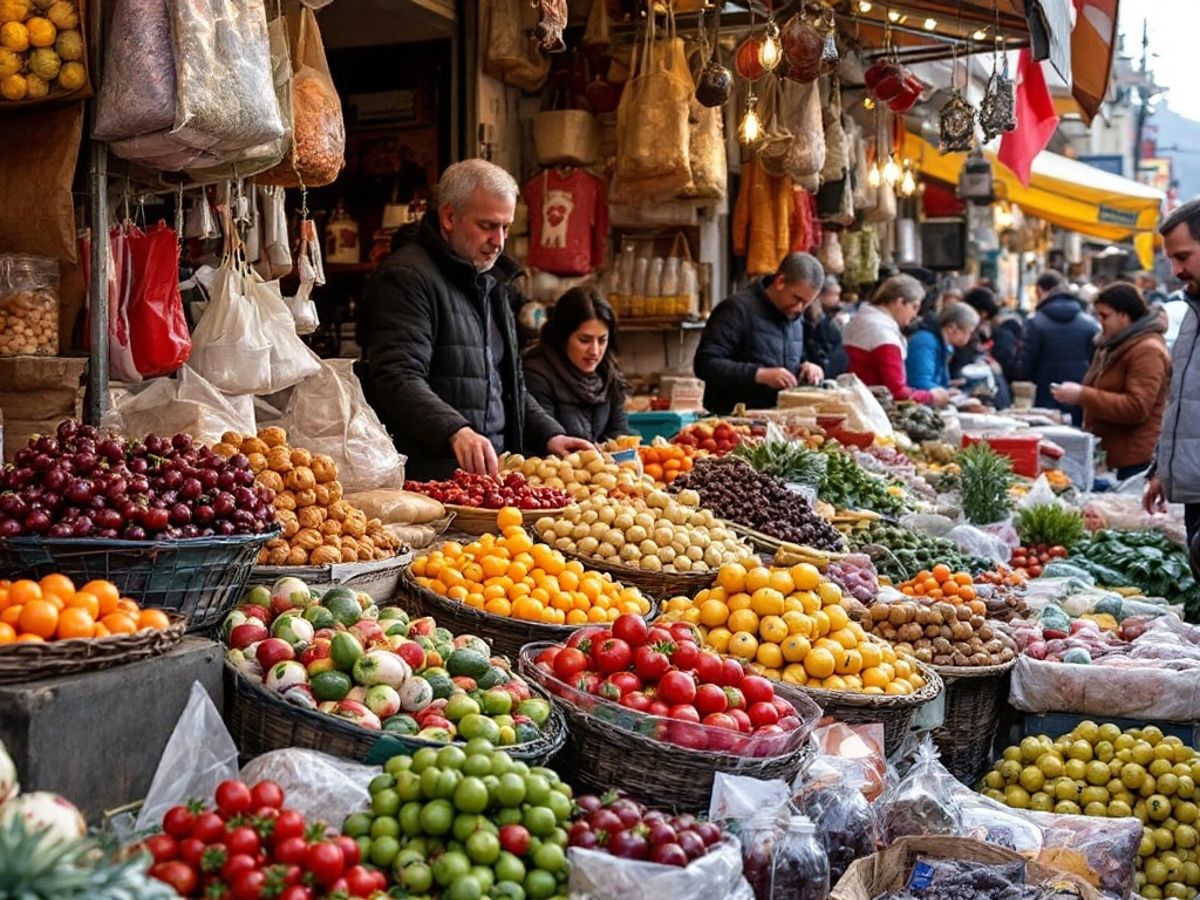Kosovo has lifted its ban on Serbian goods, a significant move aimed at easing tensions between the two nations. This decision comes after 16 months of restrictions, which were initially imposed for security reasons. The reopening of the Merdare border crossing is seen as a step towards reconciliation, supported by Western partners.
Key Takeaways
- Kosovo’s government has lifted a 16-month ban on Serbian goods.
- The Merdare border crossing will reopen with increased monitoring.
- The decision is influenced by pressure from the EU and the U.S.
- Serbian Prime Minister welcomes the move, citing improved relations.
- The ban was initially imposed due to security concerns over potential arms smuggling.
Background of the Ban
The import ban on Serbian goods was enacted in June 2023, following heightened tensions between Kosovo and Serbia. Kosovo authorities cited security concerns, claiming that the ban was necessary to prevent the smuggling of weapons that could support Serb separatists. The situation escalated when Kosovo police seized municipal buildings in Serb-majority areas, leading to further unrest.
Details of the Reopening
Prime Minister Albin Kurti announced that the Merdare border crossing would reopen with enhanced customs monitoring. This includes:
- Increased Customs Oversight: Customs agents will conduct thorough inspections of goods entering Kosovo.
- Future Border Openings: Other border crossings will be reopened once equipped with new scanning technology.
Kurti emphasized that the measures taken were for security, not commercial reasons, and expressed hope for assistance from the U.S. and EU in providing necessary equipment.
Reactions from Serbia
Serbian Prime Minister Milos Vucevic welcomed the lifting of the ban, stating that it would ease long-standing tensions and allow Kosovo Serbs to receive essential supplies, including food and medicine. The decision is viewed as a positive step towards normalizing relations between the two countries.
International Pressure and Future Implications
The lifting of the ban was influenced by warnings from Germany and other Western nations. Kosovo faced potential exclusion from the Central European Free Trade Agreement (CEFTA) and the Berlin Process if it did not restore trade with Serbia. This pressure highlights the importance of economic cooperation in the broader context of regional stability.
Historical Context
Kosovo was a Serbian province until NATO’s intervention in 1999, which ended a brutal conflict between Serbian forces and ethnic Albanian separatists. Kosovo declared independence in 2008, a move that Serbia does not recognize. The ongoing tensions have necessitated international mediation, with the EU and U.S. urging both sides to adhere to previous agreements aimed at fostering cooperation.
Conclusion
The lifting of the ban on Serbian goods marks a pivotal moment in Kosovo-Serbia relations. As both nations navigate their complex history, this decision could pave the way for further dialogue and cooperation, essential for lasting peace in the region.
Sources
- Kosovo lifts ban on entry of products from Serbia at border , Voice of America.
- Kosovo lifts import ban on Serbian goods; Serbia welcomes decision, Anadolu Ajansı.
- Pristina eases measures on Serbian goods at Merdare crossing, N1.
- Kosovo lifts ban on entry of products from Serbia at the border | AP News, AP News.






